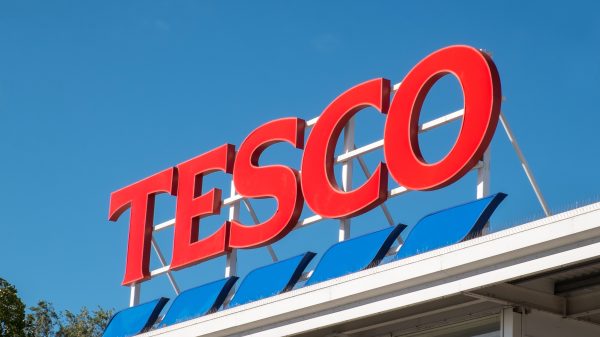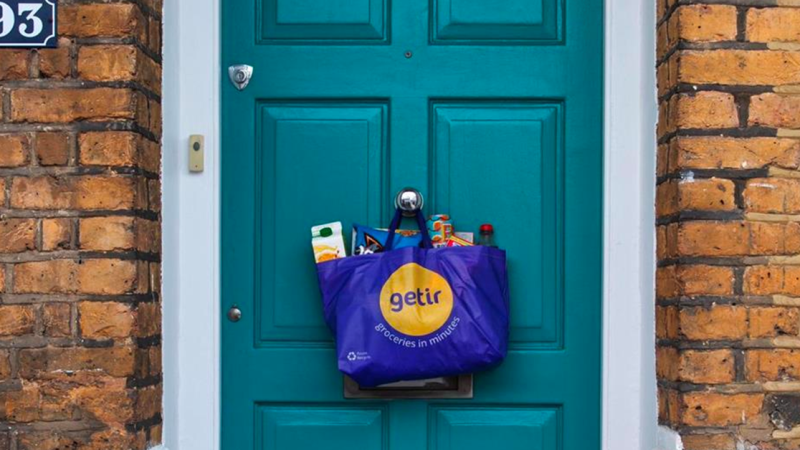HFSS enforcement is “unlikely to be regarded as a priority” for Trading Standards officers, according to comments from the Chartered Trading Standards Institute (CTSI).
The new HFSS regulations – which came into force on Saturday 1 October – restrict the display and in-store promotional locations of foods high in fat, salt and sugar (HFSS).
The confusing and complicated regulations, coupled with the limited budget which has been allocated for the organisation to police the new rules, means that enforcement of other legislation is likely to be prioritised.
Despite issuing detailed guidance in an attempt to help retailers navigate the exhaustive number of potential in-store layout restrictions, the government is making less than £400,000 available for enforcement activity in England, over a three-year period.
In the financial year 2022/23, £179,000 is being made available for enforcement, with £102,000 in each of the following two years – significantly less than initial figures suggested.
This means that each local authority across Britain will have just over £500 each year to understand the new rules, conduct inspections and take formal enforcement action if needed.
“Trading Standards are incredibly stretched right now, having faced a halving of resources over the last decade,” CTSI lead officer for food David Pickering told The Grocer.
“This means we have to be very clear on what the priorities are across each local authority.”
Official government guidance on enforcement says those investigating – which could include trading standards and environmental health officers – will “have discretion in choosing how to conduct initial or further investigations”
Pickering added that: “While these regulations are seen as an important public health measure, it will be for local Trading Standards services to liaise with their public health teams and adopt an approach that is in keeping with the public health priorities in their area.”
Anna Naylor, principal associate at legal firm Weightmans also told The Grocer that one of the key factors is usually proportionality.
“If local authorities are investigating fatal accidents and serious cases of animal cruelty, one can readily see that taking formal enforcement action for placing chocolate for sale on checkouts is unlikely to be regarded as a priority.”










